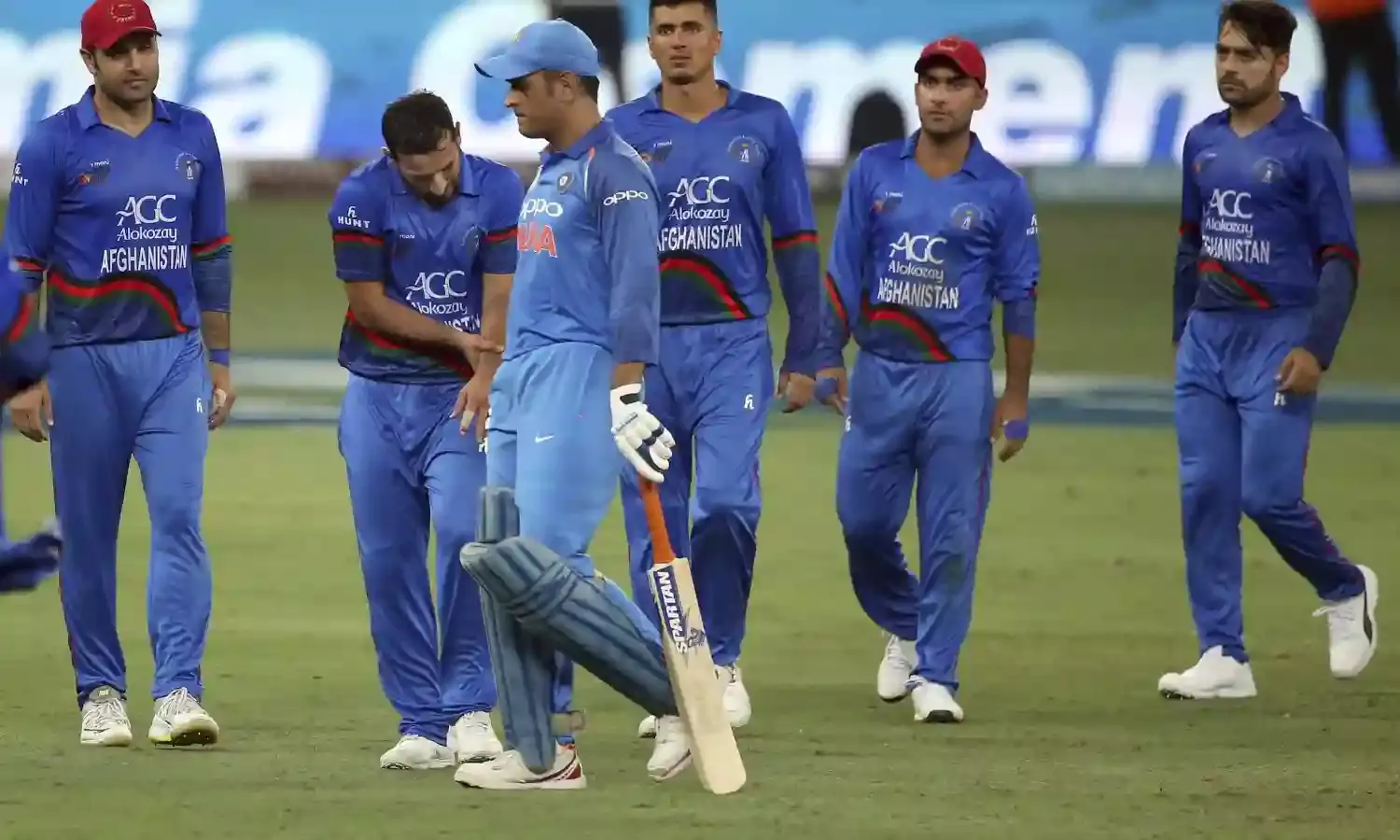Asia Cup: Lessons to Draw from India vs Afghanistan
A tie that's a loss for one of the teams

There is no room for complacency in sport. This was the lesson driven home by the tied ODI between India and Afghanistan in the Asia Cup on Tuesday.
While it may be - on the face of it – a good idea to give every member of the squad a chance to play in the competition there should be no compromise on trying your best to win every match. This is the hallmark of the great teams over the years. The West Indies led by Clive Lloyd and Viv Richards in the eighties always played their best teams even in dead rubbers and this ruthless approach saw them emerge as arguably the most feared of all teams in the game’s history. Whether it was Tests or ODIs they never took their foot off the accelerator and just simply steamrolled the opposition. This is borne out from the number of 5-0 triumphs in Test cricket as also in a bilateral ODI series. Little wonder that they ran up the world record of 27 consecutive Test matches without defeat.
It was the same with the unbeatable Aussie teams of the 90s and the early years of the new millennium. They also won a Test series 5-0 more than once and ran up a record of 16 consecutive Test victories twice. In the World Cup Australia went through 34 matches without defeat starting from 1999 and ending in 2011 notching up three successive title triumphs along the way. Perhaps the most ruthless approach was symbolized by another great Australian side – Don Bradman’s ''Invincibles’’ - who went through the long 1948 tour of England unbeaten - winning 25 and drawing nine of their 34 first class matches.
It is this ruthless approach that separates the great teams from the good ones. The Indians did make the mistake of taking things easy against Afghanistan and virtually paid the penalty. When you are going well it is imperative to maintain the momentum. There should be no willful slackening of effort. By resting their leading batsmen and leading bowlers they were plainly asking for trouble and finally only a run separated the Indians from what would have been a most embarrassing defeat at the hands of a side ranked eight places below them in the ICC rankings.
And it was not that they had not been forewarned. Afghanistan had registered comprehensive victories over Sri Lanka and Bangladesh to top their group in the preliminary stage. In the Super Four they had gone down narrowly in last over finishes to both Bangladesh and Pakistan. Whatever their limitations in Test cricket – and India exposed these when thrashing them in two days in their inaugural Test at Bangalore – Afghanistan have developed as a very good side in limited overs cricket symbolized by their unforgettable last over one wicket victory over Scotland in the 2015 World Cup.
What the Indian team management could have done was to field at least one leading batsman and one leading bowler if they were so keen on giving a chance to others in the squad. That would have been the perfect compromise. It is fine for the game’s history to have a tied game and good for the fans to see an exciting match and a pulsating finish. But for every team the chief objective should be victory. That is the view that Kapil Dev too echoed immediately after Tied Test II at Madras 32 years ago. ''We are not happy, we wanted to win the match’’ he said almost ruefully seemingly not in the least bothered that he was part of cricketing history.
There is no point in talking about the couple of dodgy dismissals that went against the Indians. The point is that they should not have allowed the match to reach a stage when they have to complain about such things. And such a stage would not have been reached had the Indians not been complacent and fielded virtually a second string side against opponents who certainly deserved better. In the end the moral victory was all Afghanistan’s and the Indians came out with little credit. Indeed without sounding too alarmist this loss of momentum could hurt them in the final on Friday.



